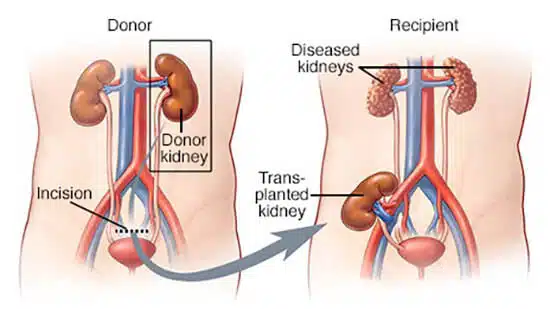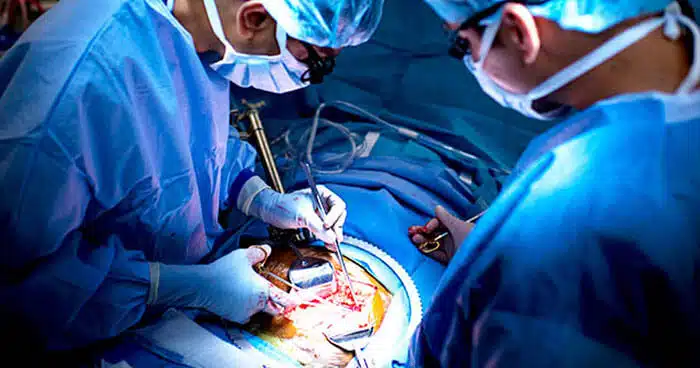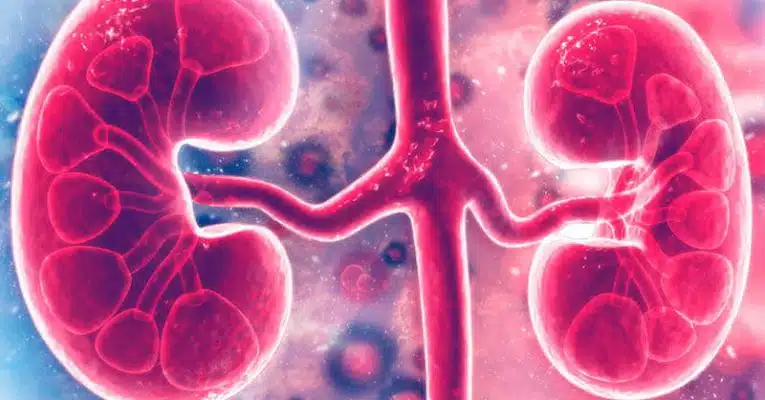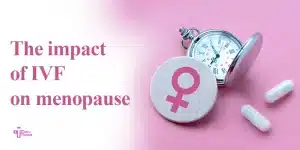Recovery period after kidney transplant plays an important role in the success rate of all medical and cosmetics surgeries. Sometimes we observe that some patients spend much money to perform their surgery by the best surgeons and in the most equipped hospitals but unfortunately they don’t have enough notice and attention to their doctor’s recommendation in the recovery time that causes to increase the side effects and the complications of kidney transplant and decrease the success rate. In the other words the carelessness to their doctor’s recommendations and instructions leads to irreparable consequences as the failure of the operation.
Duration of recovery period after kidney transplantation
We generally can mention that the duration of recovery period after kidney transplantation is usually between 6-8 weeks. It divides in to two steps:
- Recovery at the hospital
- Recovery at home
1. Recovery at the hospital:
After kidney transplant, the patient stays at the intensive care unit (ICU) for approximately 24-48 hours so that he can return to his normal life.
In general, the patient should be hospitalized for a few days and a maximum of one week after the operation so that the medical staff and doctors can evaluate the patient’s general condition and determine whether the operation was successful or not and whether the new kidney is working well. Can it produce urine? If the transplant is done correctly, the new kidney will produce urine immediately, but sometimes it may take a few days due to infection or wounds. The duration of hospitalization of a patient’s depends on a series of factors, including the type of kidney transplant, the body’s adaptation to the new kidney, the patient’s general condition, and the quality of the patient’s immune system.
2. Recovery period at home:
After a few days, when the patient recovers to some extent, he discharges from the hospital. From now on, the important and key role of the patient in the success rate of the operation begins by following the medical instructions during the recovery period at home. So that if the patient pays enough and good attention to these instructions, he can achieve the complete recovery in the shortest possible time.
What are the instructions and tips that the patient is required to follow?
Take the prescribed medicines accurately and correctly:
Before discharging the patient from the hospital, doctors and nurses explain the necessary instructions and how to take the medication to the patient.
Medications prescribed for the kidney transplant are divided into two types: Medications that reduce the risk of patient’s infection and other medications that increase the immune system. After kidney transplant, the body’s immune system will be reduced and there will be an opportunity for infections and germs to invade the body, and naturally, the recovery time will be delayed. Also, the patient should not take anti-inflammatory medications, anti-acids or anti-histamines without consulting a doctor and over-the-counter as it disrupts the function of the new kidney.

Routine postoperative laboratory tests
To ensure that the new kidneys function properly, doctors emphasize performing repetitive tests on a planned schedule for several weeks. It is worth noting that if a patient suffers from diabetes, he should check his vital signs such as body temperature, blood pressure, pulse rate, weight and blood sugar, and if he encounters unusual symptoms, contact her/his doctor immediately and visit the doctor’s office once a week or every 15 days to inform him of all problems.
Observe cleanliness and hygiene
After any operation, the patient’s body becomes weaker and more sensitive. On the other hand, germs are present on all surfaces and this is a dangerous issue for the patient’s health. For this reason, the patient should pay more attention to his cleanliness and hygiene.
Wash your hands before and after eating, after contact with food and dirty surfaces. Avoid contacting and approaching people who are not careful about their personal hygiene.
Diet
Diet plays an important role in recovery from kidney transplant patients. For this reason, the patient should strengthen his immune system by consuming healthy foods. But one of the essential points that should be considered in the diet of kidney transplant patients is not to eat foods such as meat, poultry, fish and eggs in raw and half-cooked form as the patients are more prone to stomach ailments after kidney transplant surgery. Therefore, they should pay attention to the quality of their food and avoid eating fatty, salty, unhealthy and dirty foods. The patient should also eat vegetables and fruits in their daily meals except grapefruit. Because grapefruit is in conflict with the effect of some post-operative medications that boost the patient’s immune system.
Exercise
Exercise has always played a very good and effective role in curing diseases. Kidney transplantation is no exception. Performing light and regular daily activities for 15-20 minutes has an effective role in increasing the results of kidney transplantation and its improvement. But keep in mind that doing strenuous exercise and lifting heavy weights in the first six months after kidney transplant surgery can put pressure on your kidneys and their proper function.
Avoid caffeine
As we know, in order to the new kidney to be able to perform its functions properly and produce urine, it needs a lot of water, fluids and decaffeinated beverages. Because caffeine consumption causes dehydration and constipation. Therefore, the patient should maintain his body moisture by consuming enough fluids and avoiding caffeine and coffee.

Before having a kidney transplant, try to find a qualified doctor and a well-equipped hospital. But during the treatment, give your doctor complete confidence and follow his instructions and recommendations precisely.
Avoid taking any medicine, even herbal, arbitrarily. Sometimes a simple mistake may cause irreparable damage to one’s health.
Have the phone number of your doctor and hospital to ask your probable questions if needed. Also visit your doctor’s office on time as scheduled.
Our medical consultants at TebMedTourism Co. are ready to serve and answer your questions kindly and generously and try to provide the best medical services for all financial conditions to improve your health.
So if you suffer from kidney and urinary tract diseases, do not worry, contact us through one of the following communication channels. We are ready to serve you whenever you need.














